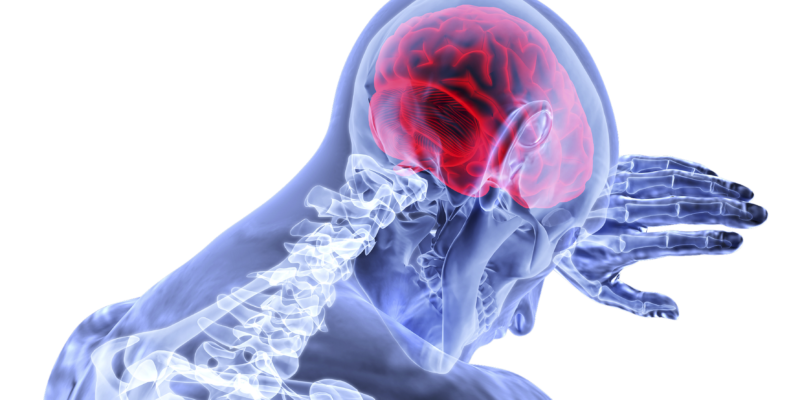If you have seizures or are the parent of a child who has seizures, then…

What Is Neurology?
Neurology is the branch of medicine that deals with the nervous system. In addition to determining normal functioning of the nervous system, neurology also deals with diseases, disorders, and harm to various aspects of the nervous system.
What is the nervous system?
The nervous system is the part of your body that transmit signals to and from various parts of your body as well as coordinating actions. The nervous system includes the brain, spinal cord, nerves, and sensory organs in the body.
What are the two main parts of the nervous system?
The nervous system is broken down into two main parts: the central nervous system and the peripheral nervous system. The central nervous system is the brain and spinal cord. The peripheral nervous system is all of the nerves that branch off from the spinal cord. While they are often referred to as two different systems, they are not independent of each other.
What does a neurologist do?
Neurologists are medical doctors who specialize in diseases, injuries, and disorders of the nervous system. Neurologists diagnose and treat those diseases. Nervous system disorders can be acute or chronic and can range in severity. Among other diseases and disorders, neurologists treat strokes, migraines, epilepsy, Alzheimer’s disease, dementia, Parkinson’s disease, concussions, traumatic brain injuries (TBIs), amyotrophic lateral sclerosis (ALS), and neuropathy.
When should I see a neurologist?
Generally, people get referred to a neurologist by their primary care physicians after the primary care provider has determined that the patient needs the help of a specialist. However, patients should be proactive in their healthcare decisions. Ask for a referral or make an appointment to see a neurologist if:
- You experience unexplained dizziness/vertigo or begin experiencing problems with balance.
- You experience severe headaches, whether or not you think they are migraines.
- You experience problems with movement, whether the problem is that you are struggling to move or that you are experiencing uncontrolled movements like tremors.
- You experience seizures.
- You have numbness or tingling in your body. However, if you experience a sudden onset of numbness or tingling or experience it only on one side of the body, seek immediate medical care as that could be a stroke.
- You have chronic pain that your primary care physician is unable to manage.
- You notice a decline in your cognitive abilities.
- You experience an unexplained personality change.



